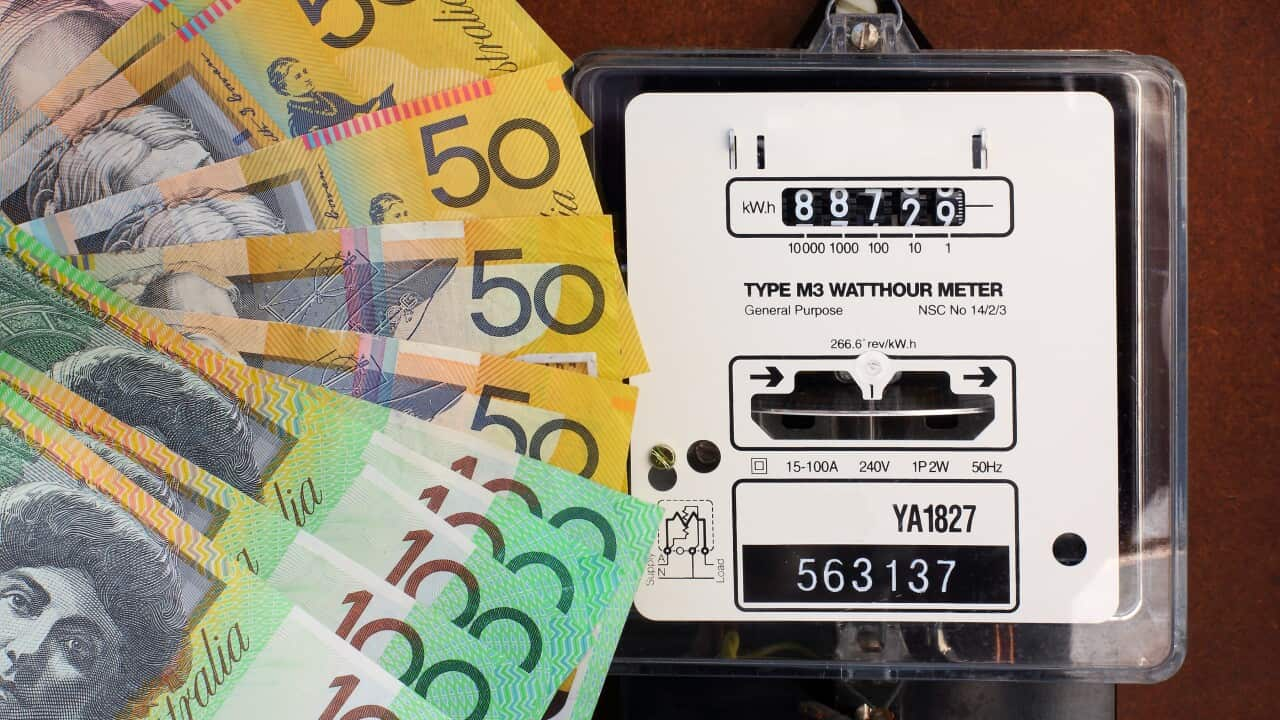Key Points
- Majority of Australians support full electrification in the home and for vehicles and appliances.
- When it comes to cars, the research revealed a declining popularity in petrol and diesel-run vehicles.
- Environmental reasons are the biggest driver while potential for cheaper electricity bills is a motivating factor.
Most Australians are willing to make the switch from gas in support of cleaner, cheaper energy options for their homes amid rising cost of living and climate pressures.
The majority of them support full electrification in the home as well as for vehicles and appliances, according to new research from public policy think tank the Australia Institute.
About 55 per cent feel positive about electrifying their homes, citing environmental reasons (59 per cent) as the biggest driver, followed by the potential for cheaper electricity bills (18 per cent).
When it comes to cars, the research revealed a declining popularity in petrol and diesel-run vehicles - voted the least preferred option behind both hybrid and electric alternatives.
Australians felt most positive about hybrid vehicles (58 per cent), closely followed by electric vehicles (52 per cent) and then combustion engine vehicles (44 per cent).
Of those anticipating buying a new car within the next 10 years, one in four expect to buy electric while two in five say a hybrid car is on the cards.
Environment and cost of living
Environmental benefits, reduced running costs and the increasing cost of petrol and diesel were the top motivators among those who had already purchased or are considering an electric vehicle.
Australians also showed a clear preference for electric appliances, overwhelmingly opting for electric heating, hot water and electric ovens over gas counterparts.
"Our research shows that getting off gas isn't just cheaper and cleaner – it's also very popular with families struggling in the midst of a cost-of-living crisis," Noah Schultz-Byard SA director at the Australia Institute said.
"Australians understand that electrification doesn't just result in a safer climate for the next generation, but that it can also help them make ends meet in the near term," he added.
Mr Schultz-Byard said the biggest barrier to making the switch is the upfront cost of transition and urged the government to offer support to families opting to go electric.
"Electric homes, cars and appliances underpinned by clean energy and battery storage will play a key role in confronting our economic and environmental concerns," he said.
Experts say the findings will add further momentum for policies that foster expanded electrification with co-benefits for family budgets and the climate.











